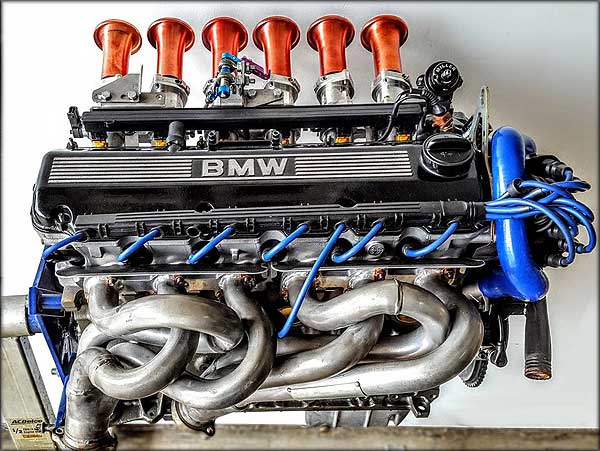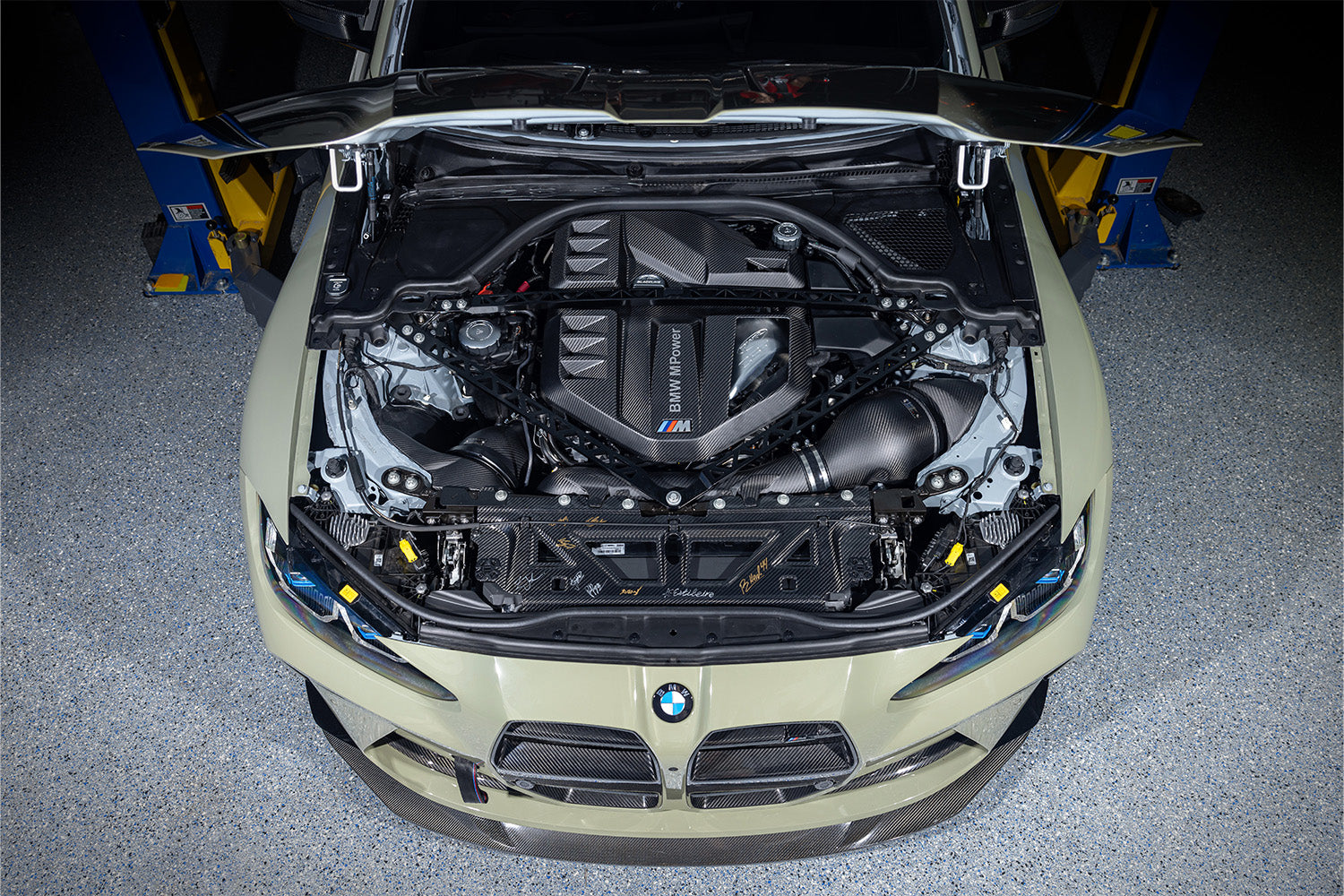Revealing the Intricacies of Next-Generation Power Units: a Deep Dive Into Advanced Engine Advancements and layouts
As we stand on the precipice of a new era in transport, the intricacies of next-generation engine layouts bid us to discover the advanced technologies and developments that guarantee to redefine the driving experience. Digging much deeper right into the realms of exhaust control, intelligent engine monitoring systems, and the horizon of power device growth, we find ourselves on the cusp of a change that promises to improve the landscape of movement as we know it.
Advancement of Engine Products

The shift in the direction of progressed engine products has likewise allowed engineers to develop engines with greater power outputs while maintaining gas efficiency standards. The usage of lightweight materials minimizes the total weight of the engine, leading to boosted gas economic situation and lower discharges. In addition, developments in products innovation have actually enabled for far better thermal administration within engines, resulting in increased integrity and longevity.
Turbocharging and Supercharging Technologies
Exactly How do Turbocharging and Supercharging Technologies reinvent engine performance and effectiveness in modern automobiles? Supercharging and turbocharging are modern technologies that considerably improve engine efficiency by increasing the amount of air intake right into the burning chamber. Turbocharging attains this by making use of a turbine driven by exhaust gases to pressurize the intake air, while supercharging uses a belt- or chain-driven compressor to attain the exact same impact.
These innovations allow smaller, much more fuel-efficient engines to produce power equivalent to larger ones, known as downsizing. By compeling even more air into the cyndrical tubes, supercharging and turbocharging improve combustion efficiency, leading to increased horsepower and torque outcome without a considerable rise in engine size. This brings about much better velocity, hauling ability, and general driving performance.
Furthermore, turbocharging and turbo charging contribute to enhanced gas efficiency by permitting the usage of smaller engines that eat less gas under typical driving problems - bmw engine. This mix of enhanced performance and efficiency has made turbocharging and turbo charging integral components of numerous contemporary engine designs
Emission Control and Environmental Influence
With enhancing worldwide concerns relating to air quality and ecological sustainability, the application of discharge control technologies in cars plays a critical role in decreasing hazardous pollutants released into the environment. Modern cars are equipped with advanced emission control systems that help decrease the ecological influence of automotive operations. Catalytic converters, for circumstances, are made to convert harmful gases such as carbon monoxide, nitrogen oxides, and hydrocarbons right into much less unsafe substances like co2 and water vapor.
Furthermore, innovations in engine innovation, such as the integration of exhaust gas recirculation systems and selective catalytic decrease, have substantially added to lowering discharges. These modern technologies operate in tandem to optimize combustion performance and minimize the release of damaging contaminants into the air. Furthermore, the development of hybrid and electrical cars stands for an essential action in the direction of decreasing the overall environmental impact of the transport market.
Intelligent Engine Management Systems

In addition, these systems allow automobiles to fulfill rigorous discharges criteria without compromising performance, offering an extra ecologically pleasant driving experience. The integration of man-made knowledge and machine discovering abilities in engine monitoring systems continues to push the limits of what is feasible, causing further improvements in efficiency, integrity, and general car performance. bmw engine. As vehicle technology developments, smart engine management systems will play a crucial duty fit the future of transport in the direction of an extra lasting and reliable direction
Future Trends in Power Device Growth
As intelligent engine management systems pave the means for boosted control and optimization in modern-day vehicles, future fads in power unit growth are poised to redefine the landscape of vehicle propulsion innovations. One of the crucial patterns driving technology in power device advancement is the change towards electrification. With a boosting concentrate on sustainability and lowering carbon emissions, hybrid and electrical powertrains are ending up being a lot more prevalent in the auto industry. These different power sources provide boosted effectiveness and performance while lining up with rigorous ecological guidelines.
One more considerable trend is the combination of innovative materials and making strategies. Light-weight materials such as carbon fiber and aluminum are being utilized to minimize total automobile weight, boosting gas effectiveness and performance. Additionally, improvements in 3D printing and additive manufacturing are allowing the production of complicated engine elements with higher precision and toughness.
Furthermore, expert system and artificial intelligence are playing a critical role in enhancing power device efficiency. These modern technologies enable real-time surveillance and flexible control, leading to extra trustworthy and reliable power distribution. Overall, future patterns in power device growth are geared towards sustainability, performance, and efficiency, driving the automobile market in the direction of a new era of propulsion innovations.

Conclusion
In verdict, the innovations in engine materials, turbocharging, emission control, and smart monitoring systems have paved the means for next-generation power Learn More systems. The elaborate styles and technologies in modern engines showcase the recurring evolution of auto modern technology.
Exploring the modern developments in engine materials has been click reference critical in improving the efficiency and performance of modern engines. Over the years, the advancement of engine materials has actually played an important duty in pushing the boundaries of what engines can achieve.The shift towards advanced engine materials has actually likewise allowed designers to develop engines with greater power results while preserving gas efficiency criteria.The execution of intelligent engine administration systems in contemporary automobiles has actually changed the way engines are controlled and enhanced for performance and effectiveness. By accumulating data in real-time and assessing it with advanced algorithms, smart engine management systems can adjust to driving styles, ecological elements, and engine health to maximize power outcome while lessening fuel intake and exhausts.